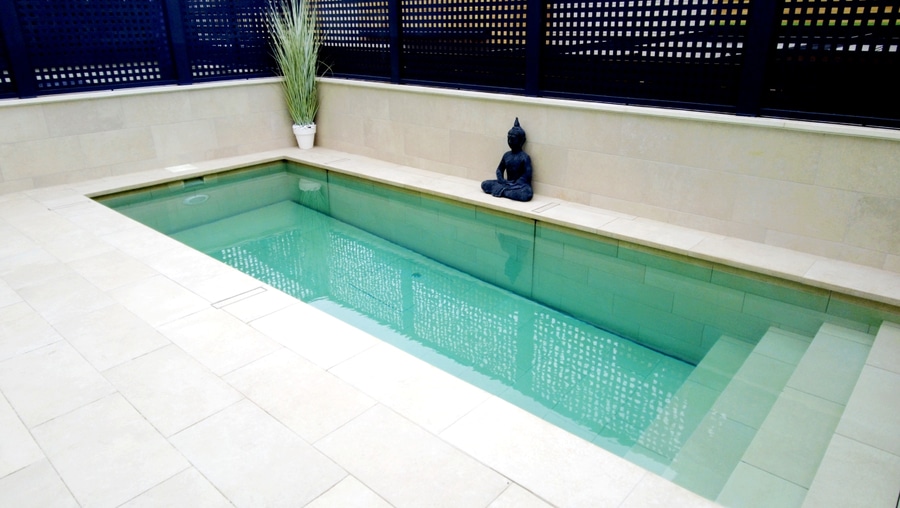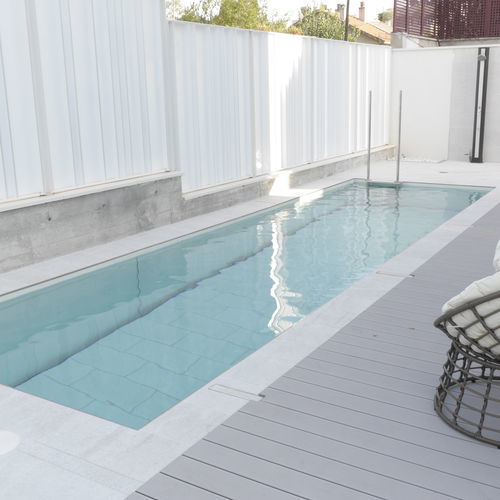
#Industry News
Types of water for your swimming pool
The Ultimate Guide to What Types of Water Can Go in Your Swimming Pool
When it comes to maintaining a swimming pool, there are many factors to consider when choosing the right type of water to fill the pool. The type of water used can have a significant impact on the chemicals and filters needed to keep the pool in good condition. Therefore, it is important to understand the different types of water that can be used in a swimming pool and the benefits and drawbacks of each. This guide will explain the different types of water available and provide helpful tips on what to consider when selecting the best type for your pool. With the right knowledge, you can ensure that your pool stays healthy and clean for years to come.
What is the difference between fresh, salt, and mineral water?
The main difference between fresh, salt, and mineral water is the source and composition of the water. Fresh water is sourced from rivers, lakes, and wells and is usually composed of sodium and calcium. Salt water, on the other hand, is sourced from the ocean and is composed of sodium chloride and other minerals. Mineral water is sourced from underground springs and is usually composed of minerals like magnesium and calcium.
Fresh water is the most commonly used type of water for swimming pools due to its availability and low cost. However, salt and mineral water can also be used depending on the desired result.
Benefits and drawbacks of using fresh water in swimming pools
Fresh water is the most economical and readily available option for swimming pools. It is also the easiest type of water to treat and maintain. The main drawback of using fresh water is that it can cause corrosion in the pool’s metal components. It can also lead to increased levels of chlorine in the water, which can be harmful to swimmers.
Benefits and drawbacks of using salt water in swimming pools
Salt water is becoming increasingly popular for swimming pools due to its low maintenance requirements. It is also more cost-effective in the long run as it requires fewer chemicals and is easier to maintain. The main drawback of using salt water is that it can be corrosive to metal components and can also cause skin irritation in some swimmers.
Benefits and drawbacks of using mineral water in swimming pools
Mineral water is becoming increasingly popular for swimming pools due to its healing and therapeutic properties. It is also known to be gentler on the skin and hair than other types of water. The main drawback of using mineral water is that it can be more expensive and difficult to maintain than other types of water.
Tips for selecting the best type of water for your swimming pool
When selecting the best type of water for your swimming pool, it is important to consider your budget, the size of the pool, and the desired results. If you are on a tight budget, fresh water is the most economical option and is suitable for most pools. If you are looking for a low-maintenance option, salt water may be the best choice. For pools that require a healing or therapeutic effect, mineral water may be the best choice.
It is also important to consider the environment in which the pool is located. If the pool is located near a beach or ocean, salt water may be the best choice due to its low maintenance requirements. If the pool is located in an area with naturally occurring mineral springs, mineral water may be the best choice.
Maintenance tips for keeping your water clean and healthy
No matter which type of water you choose for your swimming pool, regular maintenance is essential for keeping the water clean and healthy. Here are some tips to help you maintain your pool water:
Test the pH level of the water regularly and adjust the chemical balance as needed.
Clean the filter regularly to ensure that it is free of debris.
Clean and rinse pool toys, floats, and other items to prevent the spread of bacteria.
Vacuum the pool regularly to remove dirt and debris.
Shock the pool with chlorine or other chemicals every few weeks to kill any bacteria.
Different types of pool covers and their benefits
A pool cover is an essential part of pool maintenance as it helps to keep the pool clean and reduce evaporation. There are several different types of pool covers, including solid covers, mesh covers, and solar covers.
Solid covers are the most effective type of cover, as they completely block sunlight and debris from entering the pool. Mesh covers, on the other hand, allow sunlight and some debris to pass through while still keeping the pool clean. Solar covers are the most energy-efficient option, as they help to keep the pool warm and reduce evaporation.
The importance of testing your pool water regularly
Testing your pool water regularly is essential for maintaining a healthy swimming environment. Testing the pH level, chlorine level, and alkalinity of the water will help you determine the best type of chemicals needed to keep the pool clean and safe. It is also important to test for contaminants such as bacteria and algae to ensure that the water is safe to swim in.
Conclusion
Choosing the right type of water for your swimming pool is essential for maintaining a healthy and clean environment. Fresh water is the most popular and economical option, but salt and mineral water can also be used depending on the desired result. It is important to consider your budget, the size of the pool, and the desired results when selecting the best type of water for your pool. Regular maintenance and testing of the water is also essential for keeping the pool healthy and clean. With the right knowledge, you can ensure that your pool stays healthy and clean for years to come.





